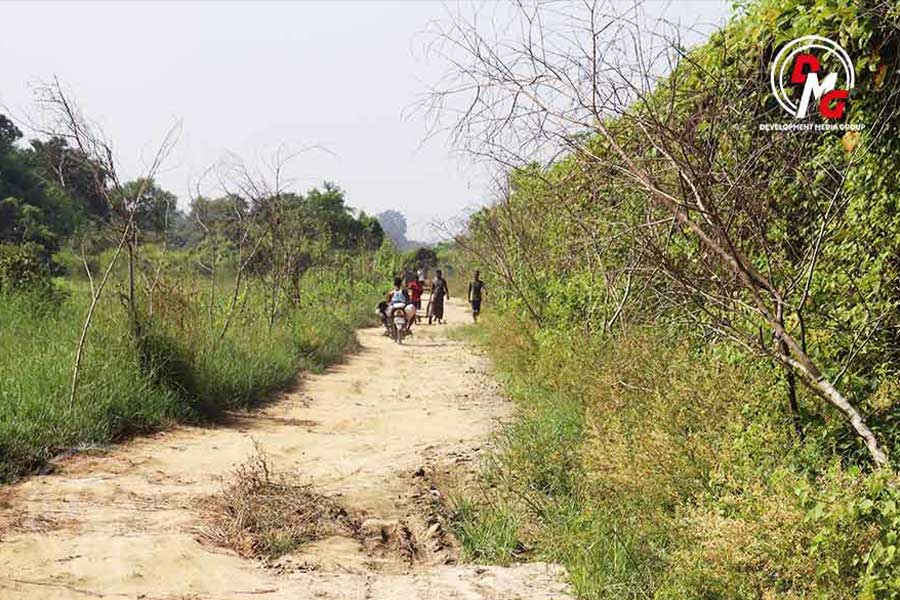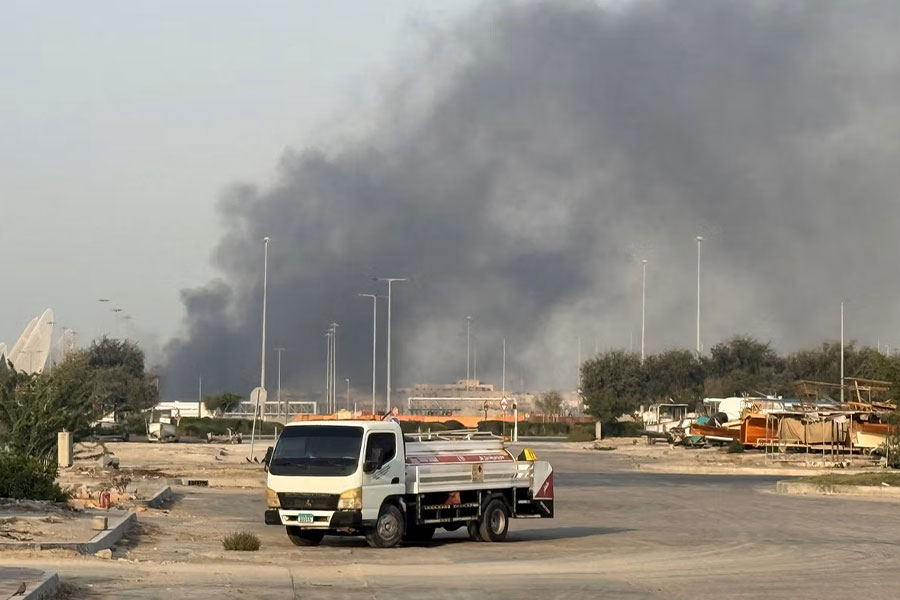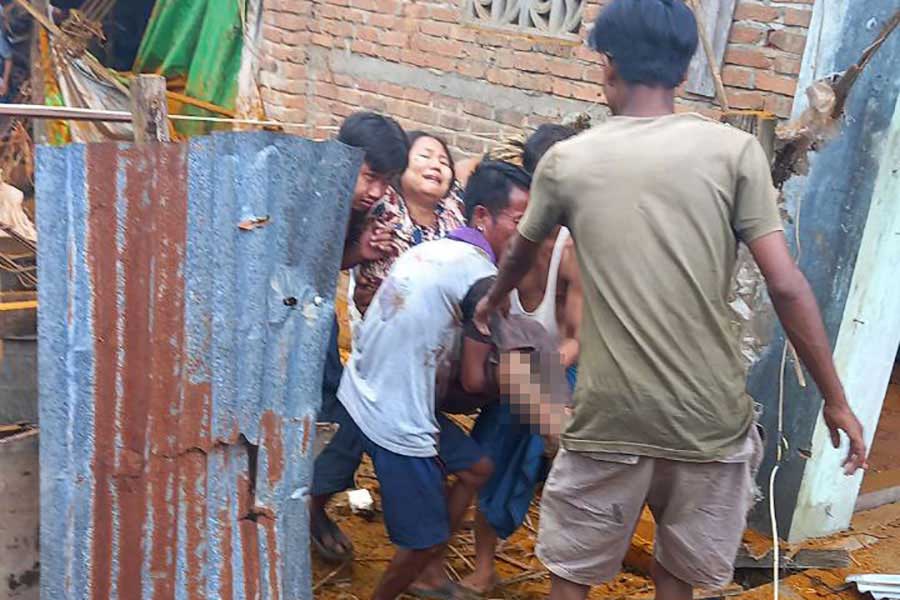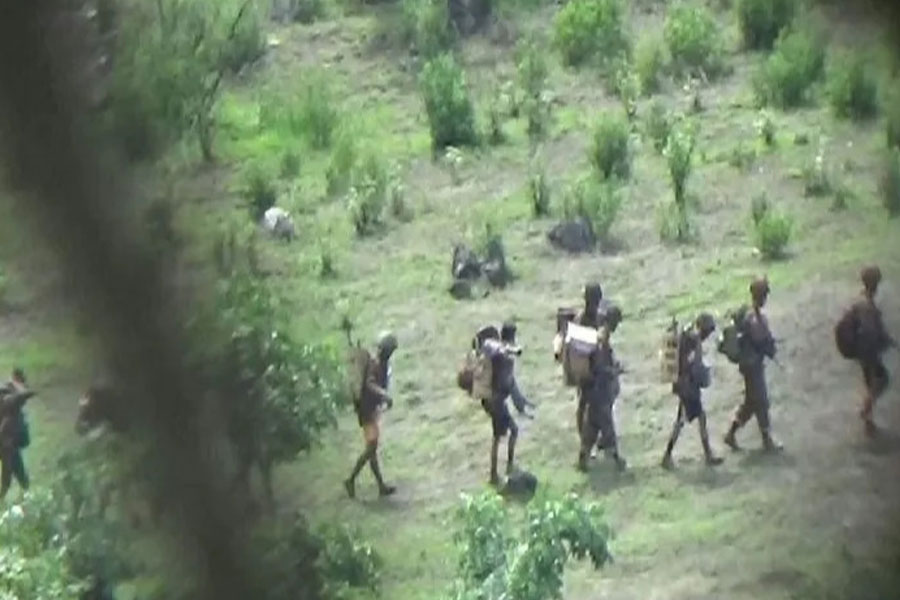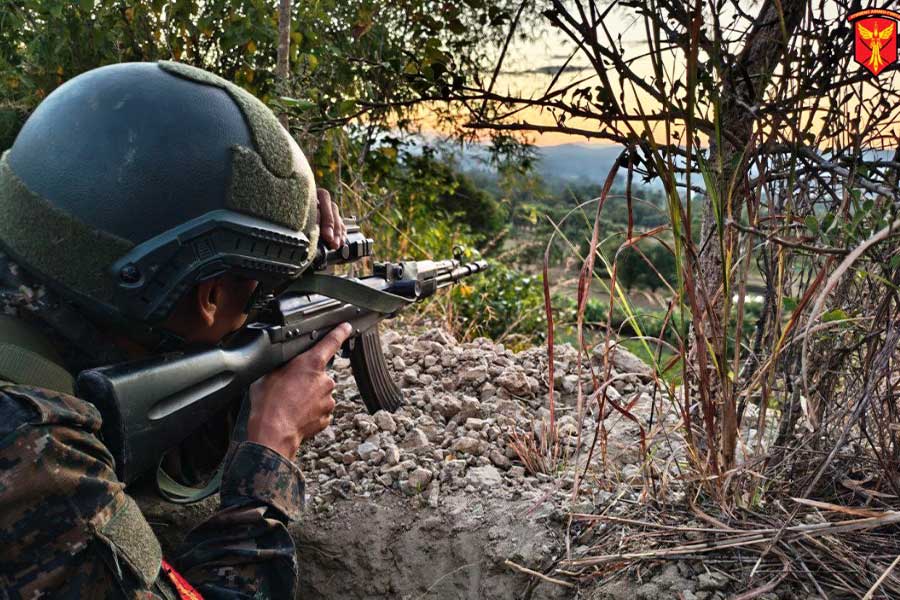- Muslim armed groups killed 162 civilians in two years in northern Arakan: HDCO report
- Arakanese migrants in Middle East on high alert amid escalating Iran conflict
- People with disabilities in Arakan State face severe livelihood hardships amid ongoing conflict
- Junta launches major offensive to retake strategic Mawchi mining town
- Extreme poverty drives Sittwe residents to dismantle abandoned houses for income
Military council says it is ready to resume food deliveries to IDPs in Arakan State
Beginning this month, food items will once again be supplied to camps for internally displaced people (IDPs) in Arakan State where those supplies had been lacking, said U Hla Thein, a spokesman for the Arakan State Administration Council.
04 Apr 2022
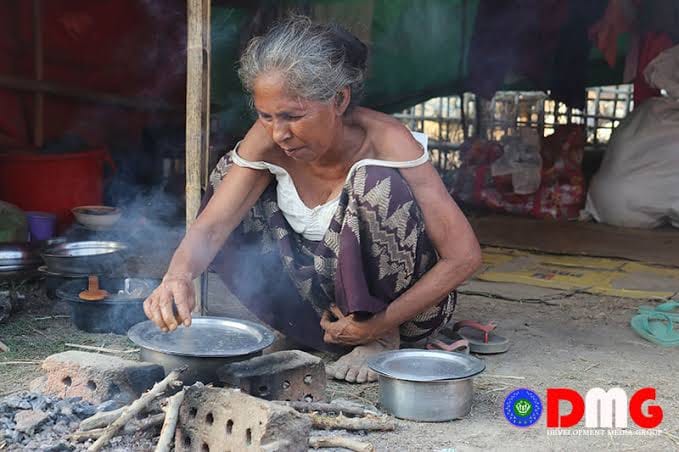
DMG Newsroom
4 April 2022, Sittwe
Beginning this month, food items will once again be supplied to camps for internally displaced people (IDPs) in Arakan State where those supplies had been lacking, said U Hla Thein, a spokesman for the Arakan State Administration Council.
The military regime’s Ministry of Social Welfare, Relief and Resettlement suspended food provisioning to junta-recognised displacement camps in Myebon, Kyauktaw, Ponnagyun and Rathedaung townships for two months.
The suspension of food supplies to the displacement camps was due to budget constraints, and the ministry will resume providing food to the affected IDPs this month, U Hla Thein said.
“It is not that the [military] government does not provide food to the displaced people. Food supplies have been suspended due to the budget. Food will be resupplied to the displacement camps starting this month. The budget allocation ran out, so food supplies to the displacement camps are a little late,” he added.
The affected IDPs are struggling to make ends meet as they have been without food aid from the military council for about two months, said U Nyo Thar Oo, manager of Pi Pin Yin IDP camp in Mrauk-U Township.
“The displaced people face livelihood hardships as they don’t get rice supplies from the government. It would be good if the military council would provide food aid to the IDPs,” he told DMG. “Now the IDPs have to borrow food from others because they have difficulty finding food. Other charities occasionally provide assistance to the displaced people, but this is not enough for us.”
At the height of the 2018-2020 conflict between the military and Arakan Army, more than 230,000 IDPs had fled their homes due to clashes in Arakan State, in many cases leaving behind livelihoods, education opportunities, healthcare access and property.




